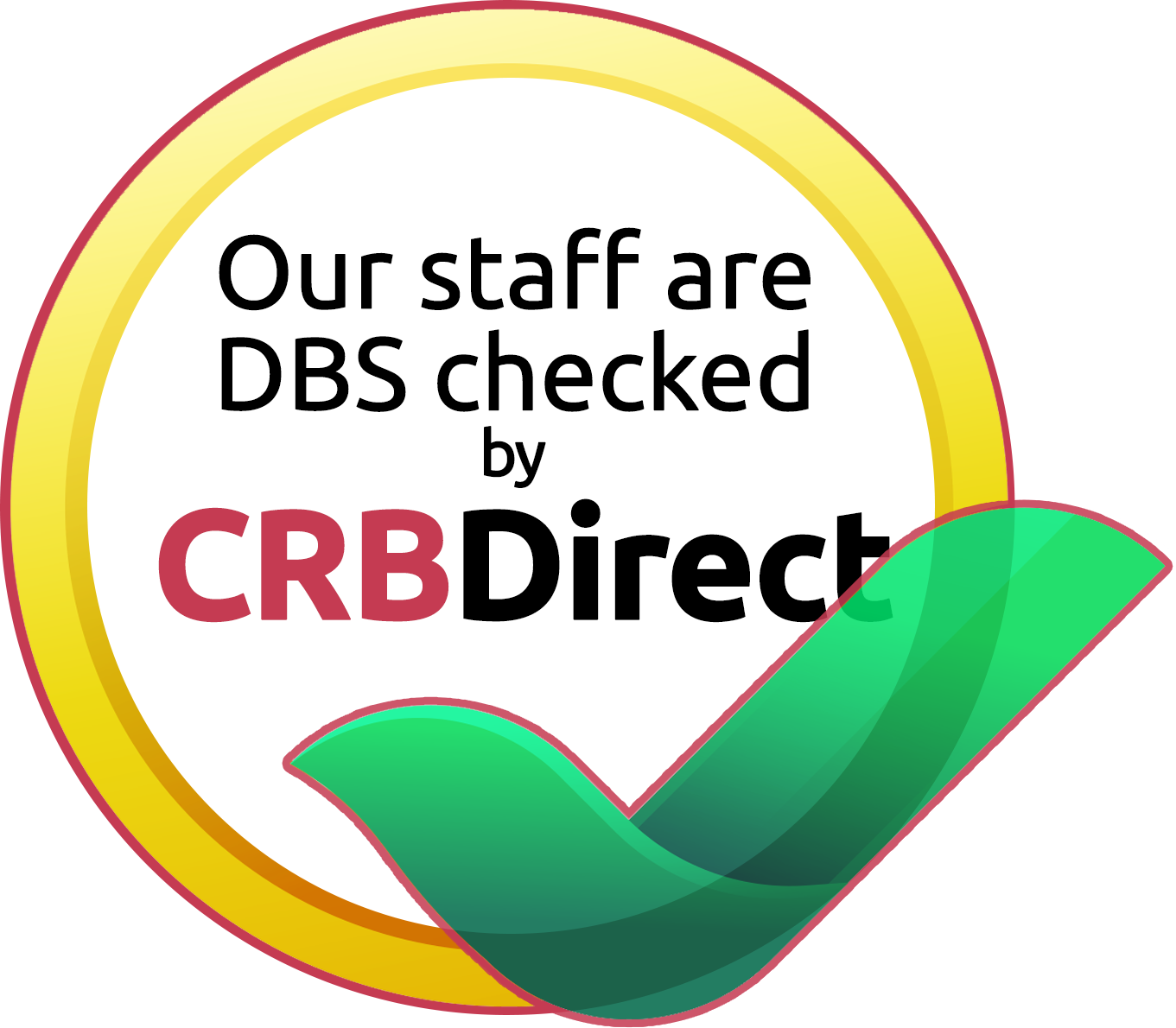Business loves its jargon and HR departments are no different. If you’re applying for a job, it can be hard to cut through the technical language and work out exactly what they mean. One of the terms you’ll see is safe recruitment. A few years back, you’d only see this term in adverts for jobs working with children. But it’s spreading, and is now see in other sorts of job adverts too. So what does it all mean, and how will it affect you if you are applying for a job?
Safe Recruitment in Childcare
 The phrase originated in nurseries, schools and other settings involving children so it makes sense to start here. Safe recruitment, and the related term of safeguarding is something you’ll already know about if you work in the sector. If not, it’s all about keeping children safe from dangers of all types. Most nurseries, schools or after school clubs have recruitment policies putting this at the heart of everything they do. It’s easy to leap to the conclusion that it’s all about stopping child abusers from working in nurseries. That’s certainly part of it. It’s also about making sure candidates have the qualifications they are claiming, and checking references. It could even be something as simple as making sure a candidate can speak English well enough to communicate with the children.
The phrase originated in nurseries, schools and other settings involving children so it makes sense to start here. Safe recruitment, and the related term of safeguarding is something you’ll already know about if you work in the sector. If not, it’s all about keeping children safe from dangers of all types. Most nurseries, schools or after school clubs have recruitment policies putting this at the heart of everything they do. It’s easy to leap to the conclusion that it’s all about stopping child abusers from working in nurseries. That’s certainly part of it. It’s also about making sure candidates have the qualifications they are claiming, and checking references. It could even be something as simple as making sure a candidate can speak English well enough to communicate with the children.
Similarly, safe recruitment is often thought to be the same thing as getting an enhanced disclosure for a candidate. That’s just part of it. This style of recruitment is more about getting as much information as you can about people. Make the recruitment decision from a place of knowledge and hard fact, rather than on a gut feeling and initial impressions. Companies using this style of recruitment usually have comprehensive written policies, with checklists to go through for every candidate.
Safe Recruitment in Other Sectors
Although the expression is most relevant in healthcare, childcare and education, many other businesses have leapt on the safe recruitment bandwagon, but the term might mean something entirely different. If a retail business, insurance company or restaurant talks about using this method when employing staff, it is usually talking about protecting the business as well as customers. Furthermore, the risks are entirely different.
Unqualified or Inexperienced Workers
One of the main risks for any business is that the people they employ just aren’t up to the task. A rogue employee can cause huge financial damage if they cause customers to take their business elsewhere. A huge proportion of job seekers exaggerate their experience on their CV, or even claim qualifications they don’t have. It’s easy to see how someone can perform well at one interview, then end up totally out of their depth. In an overstretched department, it can take a while to notice. So many businesses talk about “safe recruitment” meaning fact checking. They will check references, call previous employers to verify whether a candidate really was in a management position, or verify degrees with academic institutions.
Illegal Workers
Perhaps even more dangerous from a business owner’s point of view is the risk of an illegal worker. These employees might be highly competent and won’t drive your customers elsewhere. But given that the fines for each illegal worker employed can be up to £20,000, businesses just can’t take the risk. It’s now common practice to ask candidates to bring their passports to interview, as a way of proving their right to work in the UK.
Health Checks
One of the most controversial aspects of safer recruitment is the health check. Employers are not allowed to discriminate on grounds of disability. Asking questions about your health in general or sickness history can be illegal too. Interviewers are however allowed to ask about aspects of the job, for example, “Would there be anything preventing you from heavy lifting?”. There are only a very few jobs where employers can make health checks compulsory. These could be jobs involving public transport, where you need to prove a level of health before taking control of a bus, train or plane. In other cases, an employer’s insurer might demand all fork lift truck drivers, for example, undergo a medical. This is not necessarily discriminatory as long as the employer does their checks fairly across the board.
